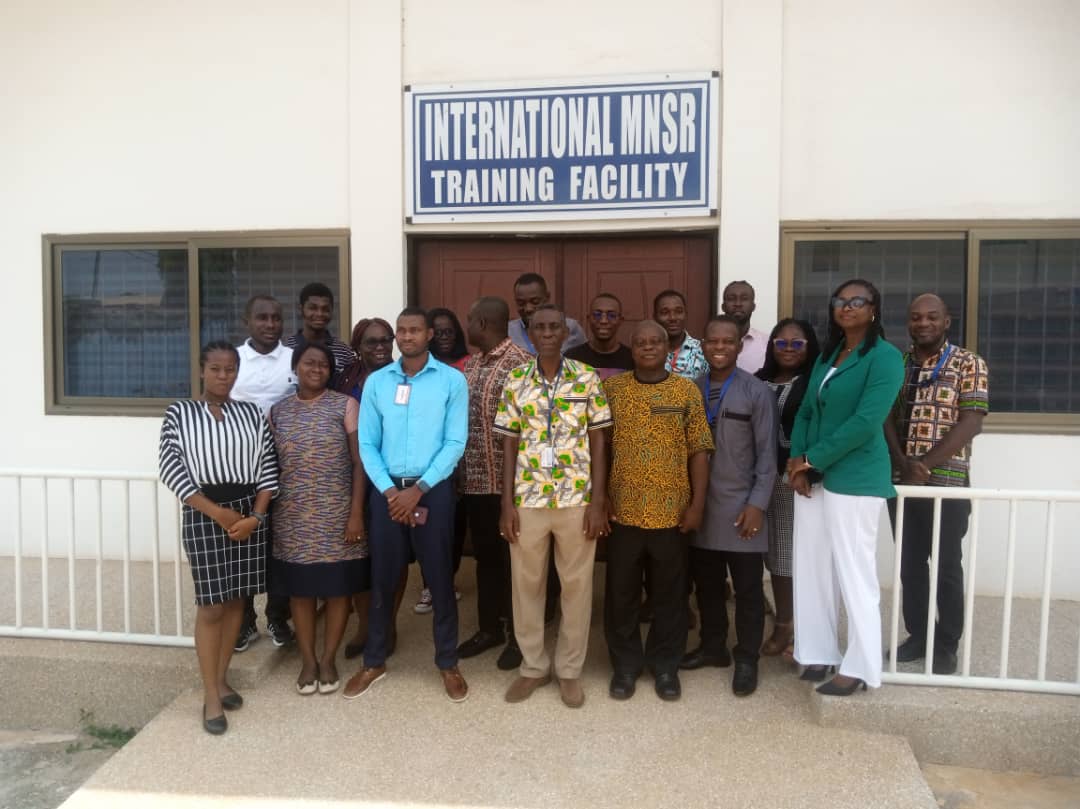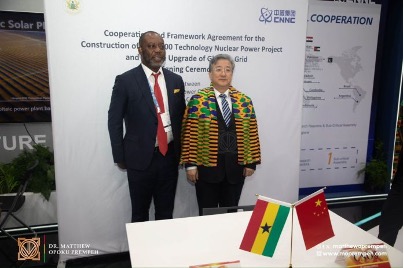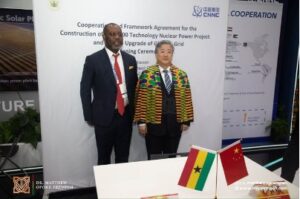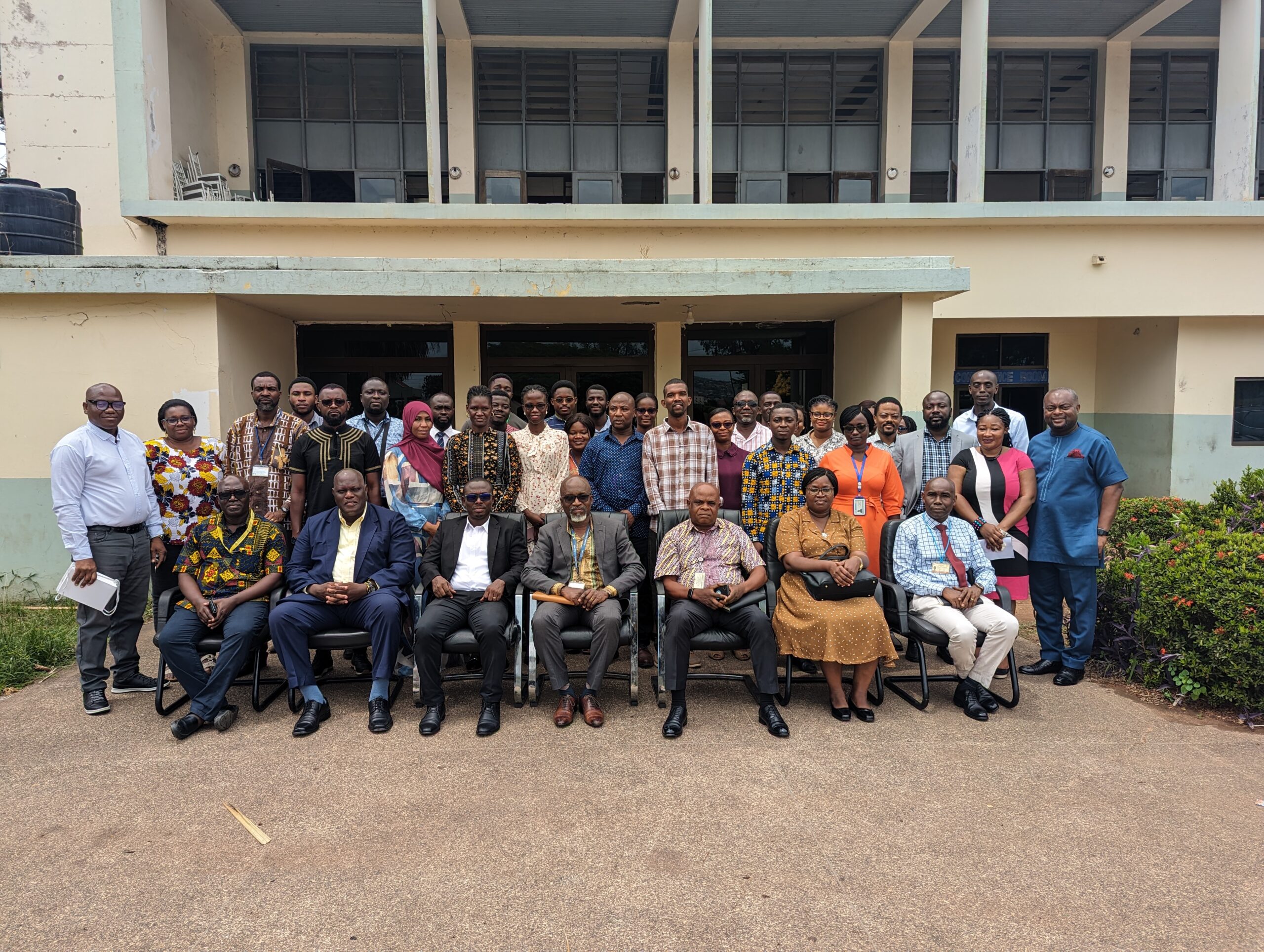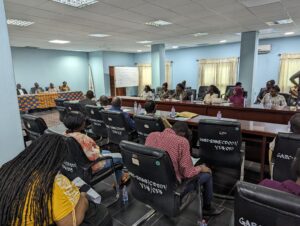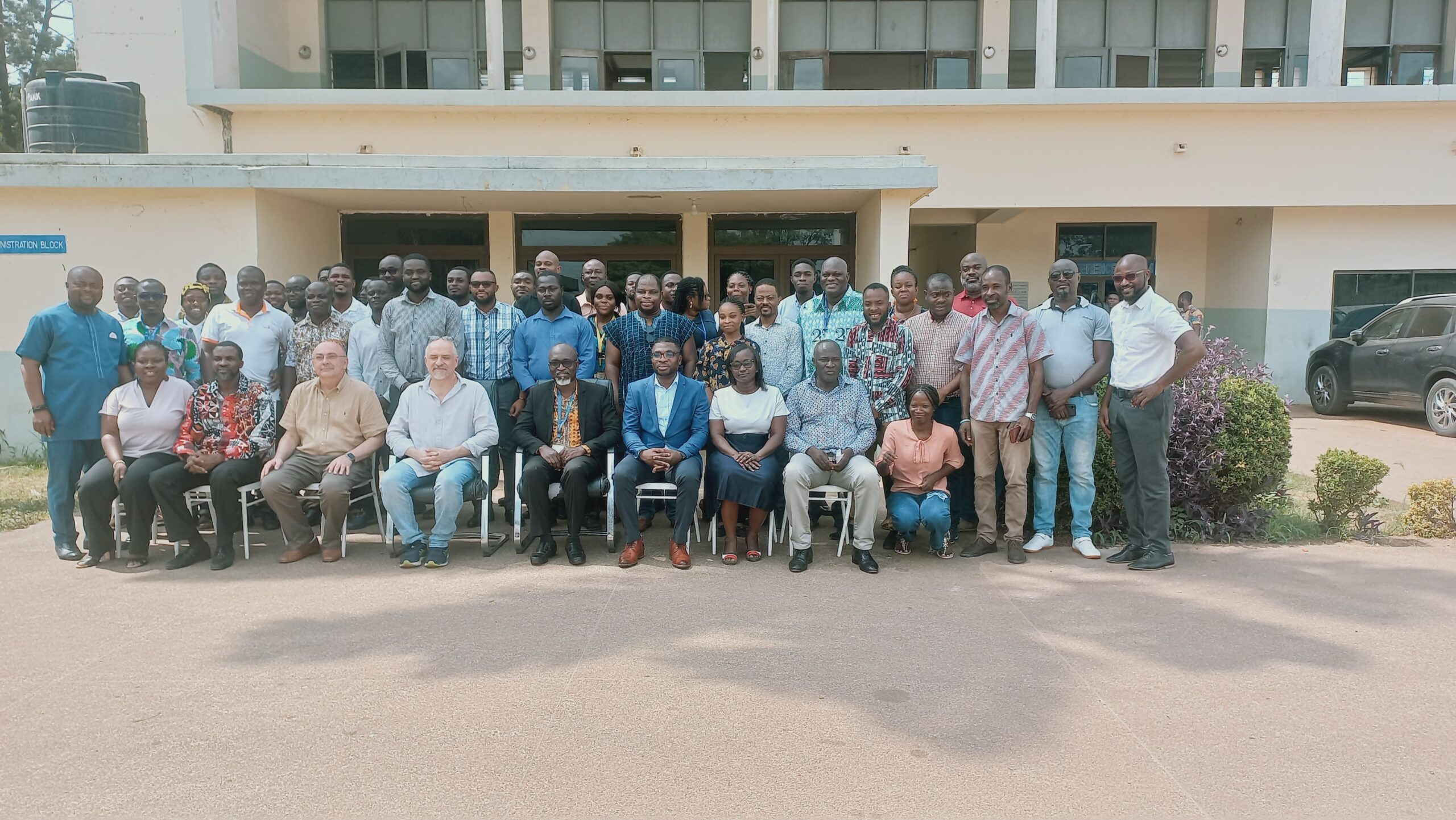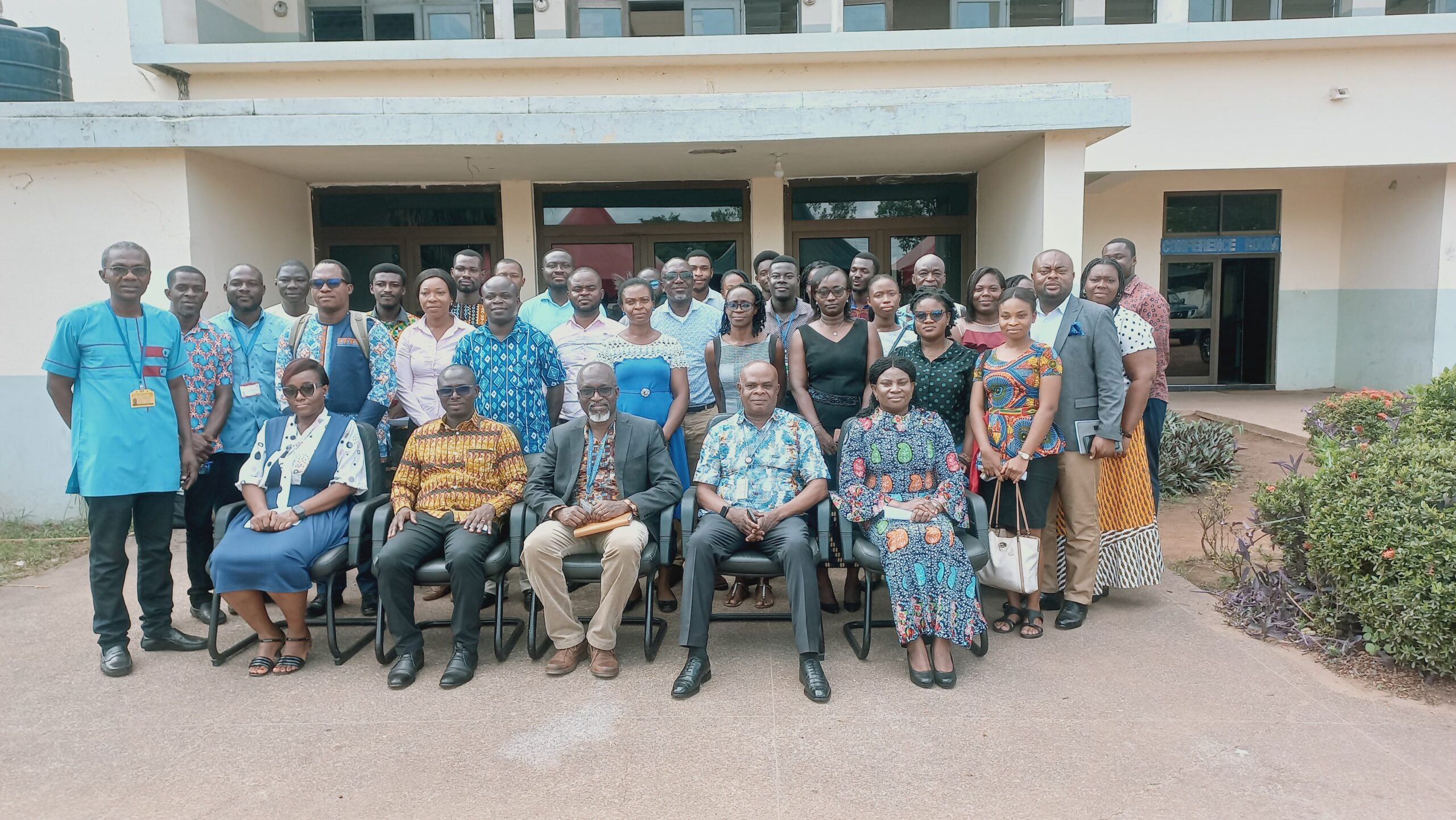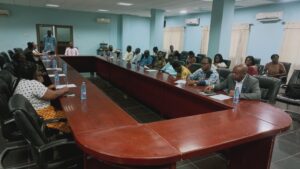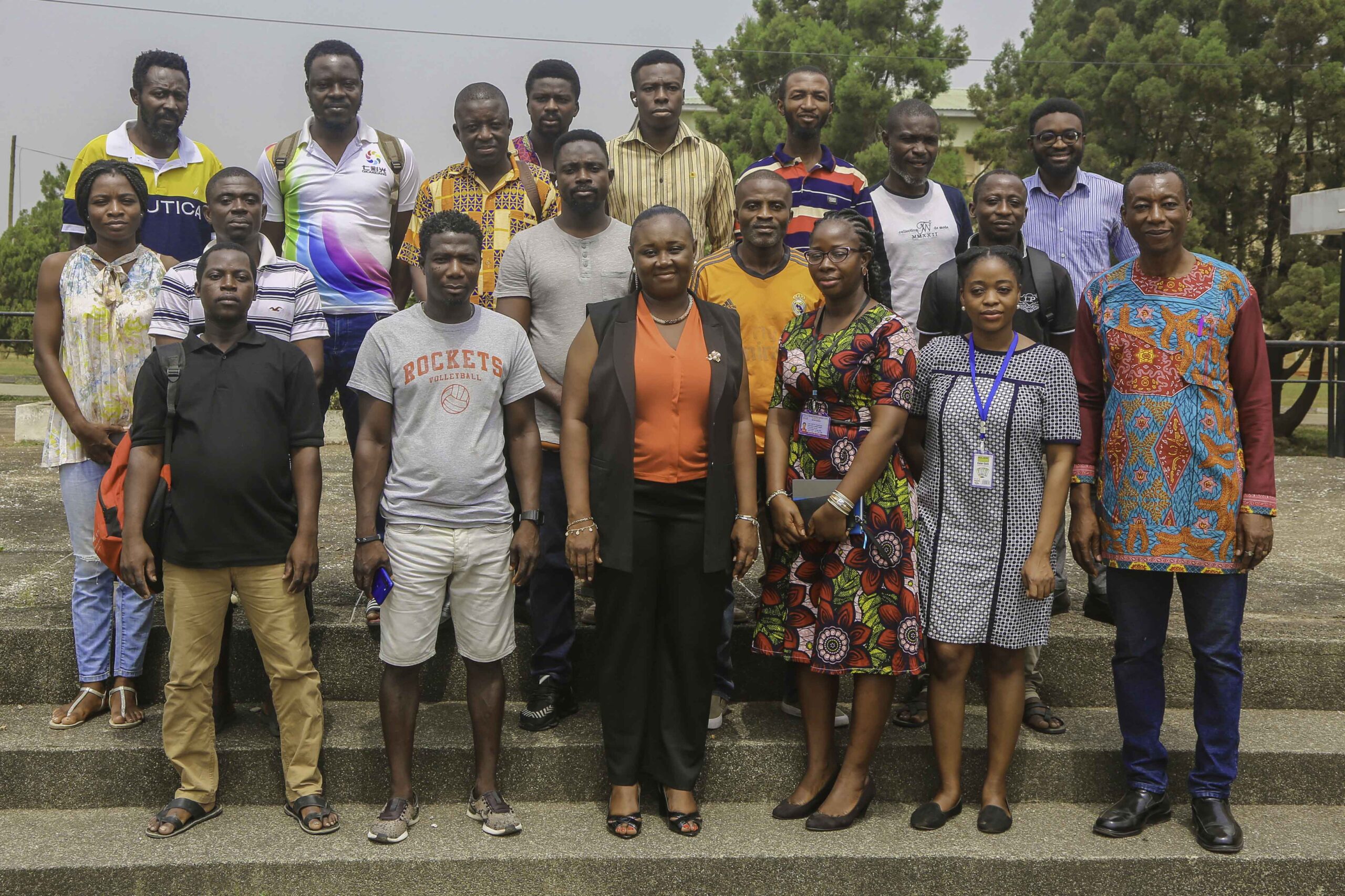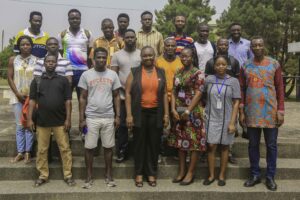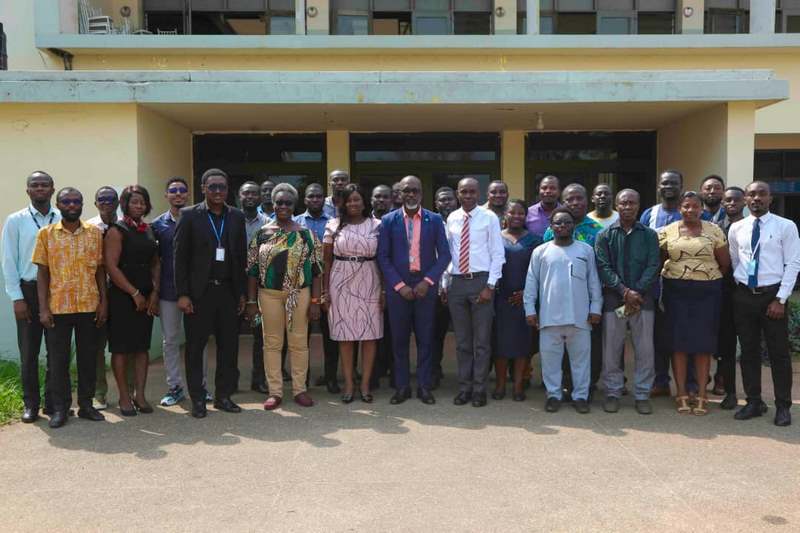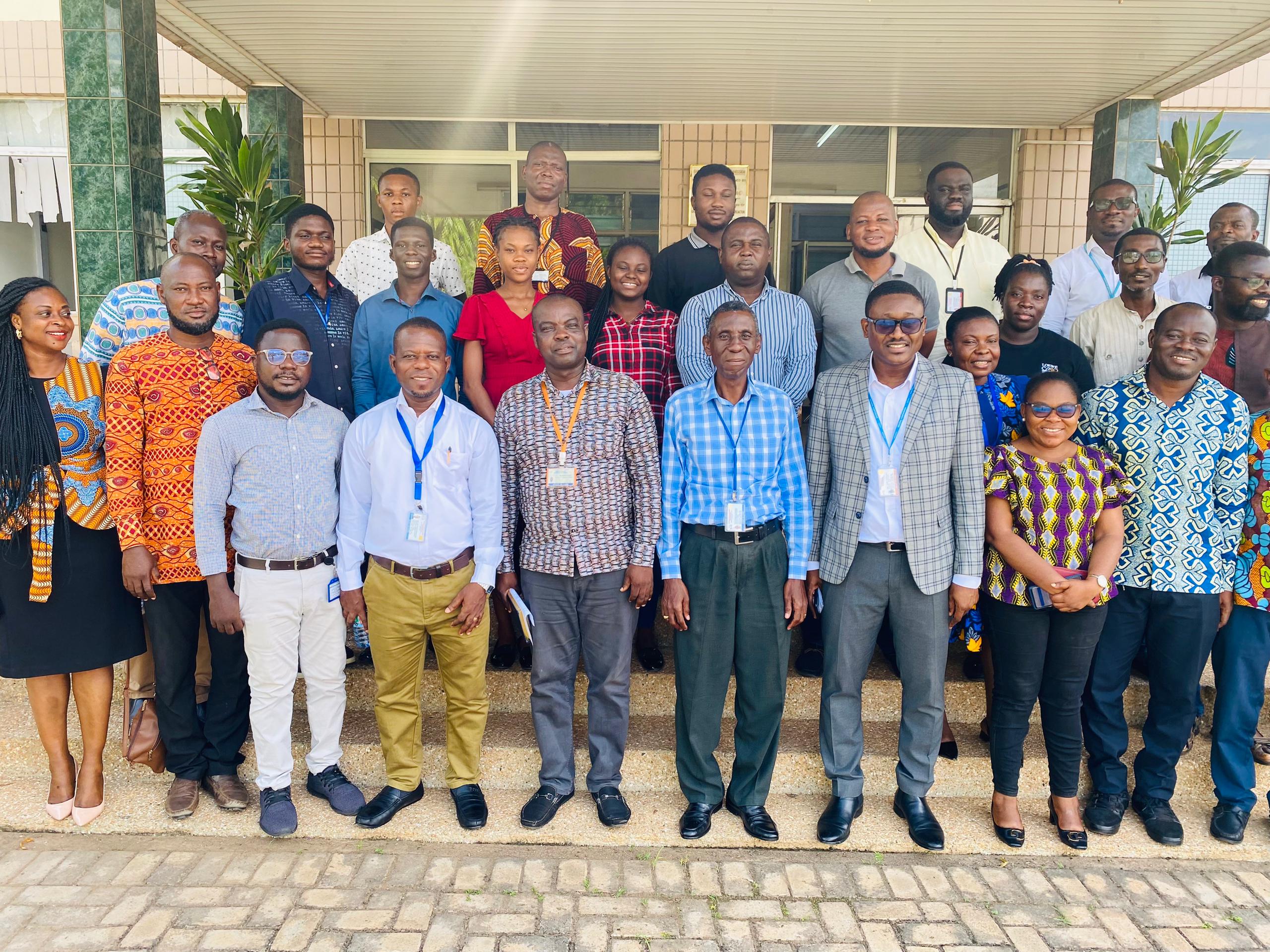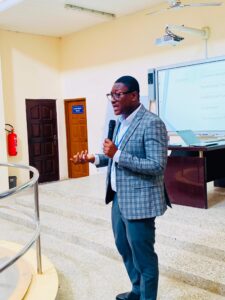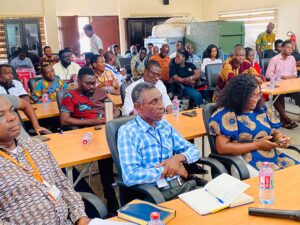The Director of the National Nuclear Research Institute (NNRI) of the Ghana Atomic Energy Commission (GAEC), Dr. Samuel Yao Ganyaglo, has called on stakeholders to build synergy to preserve water resources to avert the threat of water scarcity in the country.
He made the call on Tuesday at the opening session of a five-day isotope hydrology training organized by the Water Resources Research Centre of NNRI at Kwabenya in Accra.
The training is aimed at advancing water sustainability efforts in Ghana. It brought together participants from GAEC, the Soil Research Institute of the Council for Scientific and Industrial Research and the Water Resources Commission, an International Atomic Energy Agency (IAEA) fellow from Rwanda, as well as postgraduate students from University of Ghana and Kwame Nkrumah University of Science and Technology.
According to Dr. Ganyaglo, sustainable water management cannot be the responsibility of a single institution but should be a collaborative effort among stakeholders in leveraging their strengths to meet the water needs of the present without compromising the ability to meet the needs of future generations.
“We should learn to identify and utilize each institution’s unique strengths because some are good at conventional technologies while others are good at nuclear technologies. By bringing these institutions together, we can create a team dedicated to the sustainable management of our water resources,” he added.
He asserted that water scarcity poses a significant threat to the nation’s development and the well-being of its citizens, and he added that collective action must preserve water resources for future generations.
” To effectively address this issue, we must work together as a team, pooling our resources, expertise, and knowledge for sustainable exploitation of our water resources,” he underscored.
Dr. Ganyaglo urged the participants to take the lessons seriously, utilize the knowledge they would acquire on isotope hydrology, device mechanisms or measures to exploit water sustainably and work together to help preserve the country’s water resources. “Thus, making water adequate for future generations to depend on,” he added.
Among the topics to be treated are data analysis and analytical methods using laser spectrometry, an introduction to stable isotope hydrology, water sampling for isotope analyses, dating groundwater with carbon-14 and tritium for recharge studies, and Bayesian models for contaminant tracing in water, among others. The training program is being organized by the Water Resources Research Centre of the Ghana Atomic Energy Commission.
By: CPRC, CCD

